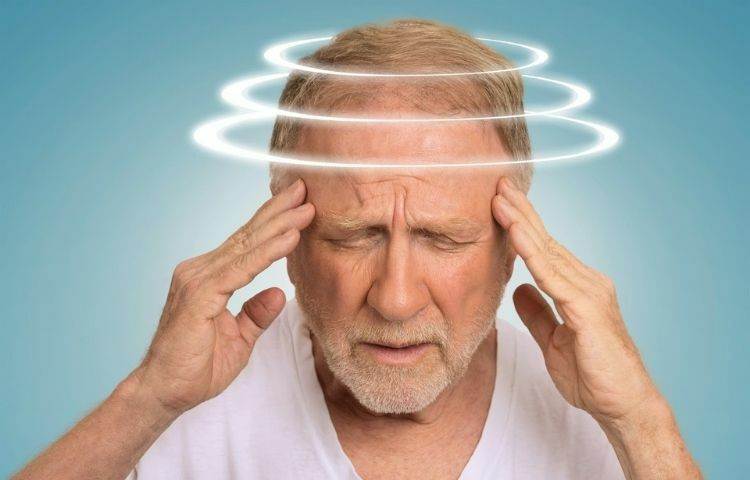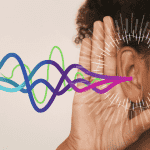There have been questions from patients regarding whether hearing aids can help suppress or eliminate vertigo or dizziness. The majority of research has favored hearing aids as part of the treatment for vertigo and balance disorders.
What is Vertigo?
Vertigo occurs when an individual feels a false sense of motion (for example, the room is spinning when the individual is not moving at all) or thinks or feels that their balance is off. Some would describe vertigo as a “dizzy spell” or “dizzy episodes”;. Some describe that this sensation may come in attacks or comes on gradually.
Vertigo is usually an inner ear problem. Several issues could cause an individual to experience dizziness.
What are the symptoms of vertigo?
Different head movements can often trigger vertigo. Vertigo symptoms include but are not limited to: spinning sensation, feeling like you’re swaying in different directions, feeling like you’re being pulled in one direction, or feeling unbalanced in general.
Other symptoms accompany vertigo, such as Headache, nausea, vomiting, nystagmus (jerking eye movements), sweating, hearing problems (hearing loss), or tinnitus (ringing of the ears).
Sometimes these symptoms can last for hours or days or even for a few minutes. It can be inconsistent or constant.
What Can Cause Vertigo?
Different causes of inner ear disorder could trigger vertigo or dizziness episodes.
One of the most common causes is BPPV (Benign Paroxysmal Positional Vertigo). BPPV occurs when tiny “crystals” in the inner ear fall out of place, disrupting the inner ear’s fluids, which then causes the signal that there is an “inner ear disruption” to the brain. BPPV can happen at any time but can be related to aging as well.
Another inner ear disorder that could cause vertigo is Meniere’s Disease. This disorder could be due to changed pressure and build-up of fluid in the inner ear. Meniere’s disease is typically in conjunction with hearing loss and ringing of the ears or tinnitus.
Vestibular labyrinthitis or neuritis is an infection of the inner ear. When the inflammation of the inner ear is present, it could lead to tinnitus, hearing loss, vertigo, and balance problems.
Other than inner ear disorders, vertigo symptoms could also be due to migraine headaches, head or neck injury, brain tumor or stroke, or even ototoxicity (damage to the inner ear due to medications).
Would Hearing Aids Help Suppress or Diminish Vertigo?
Research has shown that specific balance-related disorders could result in fluctuating hearing loss. Particular hearing loss may also cause the individual to feel that they have pressure in their ears and experience ringing of the ears.
Hearing aids may not suppress or diminish vertigo completely, but it may help alleviate those symptoms by equalizing the ears’ hearing sensitivity. Hearing aids may also help alleviate tinnitus and help aid hearing.
Conclusion
If you’re experiencing vertigo or balance issues, or experienced sudden hearing loss and balance problems, seeking medical assistance from your primary care physician or ENT physician is highly suggested. It is highly recommended to see your audiologist for the treatment of hearing loss and balance disorders with the use of hearing aids.




